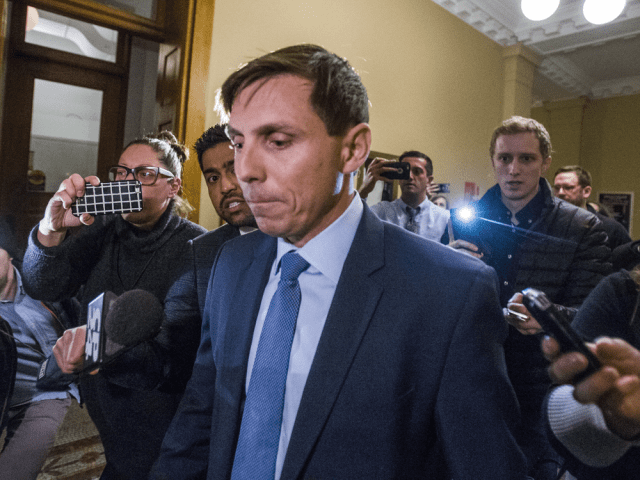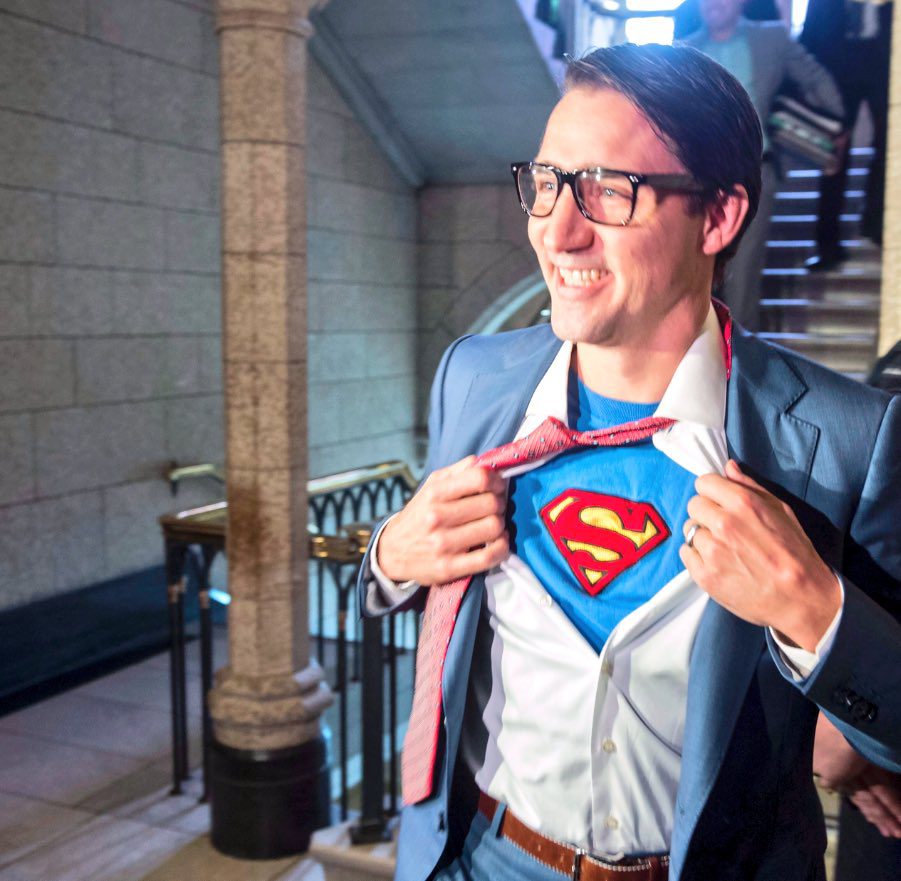I have this nagging feeling Canadian politics is heading for what might be called a "Great Populist Pivot".
And by "populist pivot", I mean one day soon the same "mainstream" establishment voices in Canada, which currently denigrate and denounce populism, might eventually embrace and applaud it.
Or at least, they might embrace and applaud the spirit of populism, if not the name.
To understand why this might happen, you have to keep in mind that for all its alleged failings and faults, populism has one thing working in its favour: it's an emotion that's easy for politicians to exploit for electoral gain.
In other words, as a political weapon populism works.
Indeed, it's for this reason that Canadian politicians are already playing the populist card and spoiler alert their numbers include prominent "progressive" Liberals.
Of course, these prominent progressive Liberals don't call what they're promoting "populism", in fact, in some cases they actually claim to be fighting it.
For instance, federal Liberal Foreign Affairs minister, Chrystia Freeland, says Canada has adopted a policy she calls "progressive internationalism", the avowed purpose of which is to battle the bastard offspring of populism: nationalism and protectionism.
And yes, "progressive internationalism" certainly sounds anti-populist.
But if you understand what Freeland's policy means in practice, at least when it comes to international trade, then it's actually easy to view it as a subtle form of protectionism.
After all, the Liberal government's official stance on international trade is that if other countries want to deal with us, they first need to set in place labor, environmental and regulatory standards that mirror our own.
So that's not really "free" trade is it?
Indeed, when Liberal officials announced Canada was finally signing up for the Pacific Rim Trade deal, they crowed about how they managed to amend the agreement to safeguard certain domestic interests.
As International Trade Minister François-Philippe Champagne put it, "We have worked to get agreements with our partners, notably on the cultural sector … to protect, defend and promote our culture across Canada."
"Protect", "defend", aren't those protectionist-sounding terms? And isn't Champagne making a nationalistic-sounding appeal?
Please note too, when it comes to domestic policies, the federal Liberals seem even more willing to engage in populist-style rhetoric.
Recall, for instance, how they tried to justify their tax reform package the one that was allegedly going to close "loopholes" by adopting "class war" rhetoric, i.e. "We're going to stick it to the wealthy."
That's populism of the left.
And speaking of left-wing populism, let's consider the recent record of Ontario's Liberal Premier Kathleen Wynne.
While defending her plan to raise the minimum wage, she certainly used old-fashioned, left-wing, socialist, tax the rich oratory.
I mean, her positioning on this issue was basically, "I'm standing up for the poor downtrodden working class people and against Ontario's greedy, profit-obsessed, corporate overlords."
If that's not populism, I don't what is?
What's more Wynne is even expressing some concern about Trudeau's Pacific Trade deal.
Saying she's heard concerns from many in the automotive sector, the Ontario Premier pledged to make sure "we are achieving the best possible deal for Ontario."
Does that mean she is putting "Ontario First?"
Of course, both Wynne and Trudeau are focussing on economic populism, but there's also a strong cultural variety of populism that's gaining strength around the world.
Basically, cultural populism sometimes called "nativism" — is driven by fears that waves of immigrants are threatening our way of life.
And Liberal politicians in Quebec, seeing this fear, are seeking to appease it.
Indeed Quebec Liberal Premier Philippe Couillard, who is facing a provincial election soon, recently introduced Bill 62, a law banning people from wearing face coverings while giving or receiving public services.
So yeah, populism seems to be becoming more acceptable in progressive liberal circles, which I would contend is setting the groundwork for that potential "Great Populist Pivot" I mentioned earlier.
But that pivot probably won't take place unless something truly cataclysmic occurs, such as the NAFTA negotiations with the USA going off the rails.
If that happens, if NAFTA dies, I wouldn't be surprised to see Prime Minister Trudeau suddenly become explicitly and proudly protectionist and nationalistic.
What I mean is, we can expect him to start saying something along the lines of, "Well, now that NAFTA is gone, Canada is free to protect our progressive economy from the evil influence of American capitalist imperialism."
Keep in mind, this was basically the Liberal Party stance in the 1970s and 1980s.
At any rate, my point is if the Liberals go back to being the party of economic nationalism, we can expect their allies in the mainstream media will fall in line.
Consequently, populism (or least the Liberal brand of populism) will be trendy with all the elites.
As Canada's left wing progressives might eventually put it, "We have met the populists and they are us."
Photo Credit: Toronto Star










